Do you require a company name? Is it true that you are starting off the method involved with naming or renaming your organization? It is essential to have an understanding of the various types of brand names that are available before beginning any naming project.
Beginning with an unmistakable comprehension of brand name types is an excellent method for limiting the quest for that perfect organization name.
You’ve seen every one of these kinds of brand names previously — from Microsoft to Samsung, Nintendo to Sony — yet underneath, we separate them into 15 different kinds, so you can all the more effectively produce a rundown of brand name thoughts for your business.
Additionally, we will provide you with information regarding the following procedure phase: settling on a specific and attainable brand name.
Brand Names: What Are They?
An organization, good, or service is identified by its brand name, which also sets it apart from other products and services in the same category.
In order to safeguard their value, brand names are frequently accompanied by logos and registered with the USPTO.
Categories of Brand Names
There are several varieties of brand names, and in reality, various organizations and blogs cut and dice these naming varieties in numerous ways.
We’ll go through fifteen different kinds of brand names with you. This list is a handy tool for analyzing the most well-known brand names, even if it is not meant to be exhaustive (there will always be names that might fit into more than one category or defy classification completely).
15 Different Brand Name Types That Work for Your Business
1. Descriptive Brand Names

Names that directly describe the goods or services a business offers are known as descriptive names.
Although using descriptive names is often a bit of a cop-out, it may also be the best option. A descriptive name can assist a specialized supplier or participant in a new market clarify what they do and educate the client. However, if they are even somewhat similar to your rivals, it may be challenging to trademark them.
Examples: Cartoon Network, American Airlines, Burger King, Holiday Inn, Pizza Hut, and Google Maps.
2. Invented Brand Names

Invented brand names are among the most imaginative possibilities for business names available today. Invented names try to express a distinct sensation or experience using entirely new terms, while they are occasionally influenced by preexisting words, foreign languages, or basic linguistic components.
The purpose of creating brand names is to build brand equity by selecting a name you can fully control and customize to fit your business. You can give the name your own meaning as it has no preexisting significance.
Additionally, there is extremely little chance that you will face competition from other businesses for the same title.
Invented names are frequently sentimental and expressive. They try to communicate a distinct notion or meaning without using an established definition.
Examples: Accenture, Adidas, Pixar, Kodak, Sony, and Google.
3. Founder Brand Names
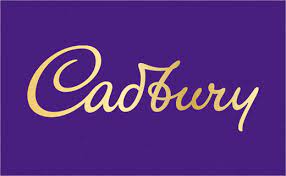
A founder business name is a designation for your company based on the name of its founder, often known as an eponymous name. Founder names are an alternate way to name your business to some of the more well-liked choices, such as original or descriptive names.
They clearly communicate to your audience what your firm has to offer. These names frequently try to evoke strong feelings by using certain sounds to communicate meaning. However, Founder names are not inventive or descriptive.
A founder business name is often an intelligent concept if you know you will be the driving force behind your firm. You must be prepared to put a lot of effort into building your personal brand so that you can convince customers of your reliability and thought leadership through a powerful online and offline presence.
Examples include Cadbury, Ford, Bose, Gillette, Lipton, and Calvin Klein.
4. Abstract Brand Names
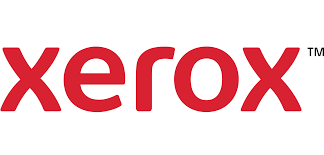
Essentially “invented” names are abstract names. They are often not generated by combining other words (unlike compound names) and don’t have any assigned meaning.
These names aren’t necessarily meant to evoke strong thoughts or emotions in customers by referencing well-known terms. Instead, linguistics and sounds are the main factors in abstract names.
Abstract names are meant to be a little more unique and contemporary than a typical “invented” name, like “Netflix.” The fact that you are merely aligning letters to get something you think “sounds right” makes them much tougher to produce.
Examples: Xerox, Blik, Cisco, Oreo, Roomba, and Klarna.
5. Evocative Brand Names
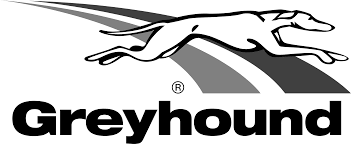
Emotic brand names are adaptable. They enable you to link your brand to a deeper emotional meaning in a world where consumers want much more from a company than just the finest features or pricing.
Evocative names provide a more comprehensive image of what your organization stands for than the products and services it offers.
The easiest way to conceive of an evocative name is as something centered on metaphorical rather than literal description when contrasted to an option like an exact name. Businesses must explore what makes their organization distinctive to develop an appealing brand name.
Examples: Nike, Amazon, Apple, Greyhound, Oracle, and Uber.
6. Lexical Brand Names
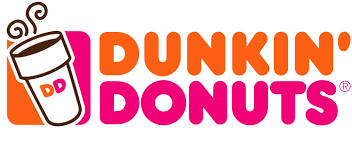
Any term that uses linguistic techniques to enhance the title’s distinctiveness and memorability is known as a lexical brand name. Lexical company names often use existing words that customers will be acquainted with instead of devised concepts and portmanteau names. However, they also use several original tactics.
Lexical brand names are among the most often used in business, especially by organizations that have trouble coming up with original names. They maintain the current power of well-known terms while yet allowing for a respectable level of ingenuity and creativity.
Examples: Best Buy, Dunkin’ Donuts, Whiskas, PayPal, Coca-Cola, and Twitter.
7. Acronymic Brand Names
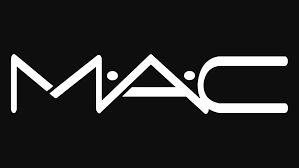
The world of business is heavily reliant on acronyms. But only in particular places are they more prevalent. When we look at non-profit organizations, for instance, it’s typical to see acronymic brand names.
In the financial, professional services, and governmental sectors, acronyms are also more frequently used as business names.
These organizations frequently need to transmit much information about a movement in a condensed amount of time, which may make their titles quite long. To save clients time and improve brand recognition, consider changing your company name to an abbreviation.
The complete names of acronymic corporations are often descriptive titles that are either difficult for the target audience to remember or too limiting for the expanding company.
Examples: ASOS, MAC, NASA, NATO, FIAT, and WHO.
8. Geographic Brand Names
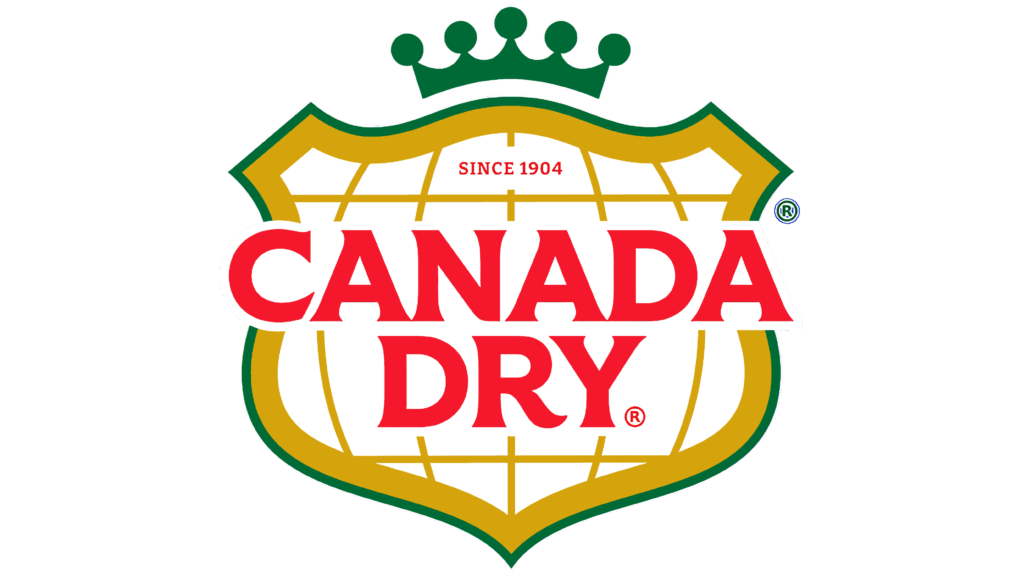
In simple terms, a geographical brand name is a company title that connects an organization to a specific location, such as a state, country, or even an entire region.
Business leaders have many options to choose from when it comes to naming a company. They can choose to describe what their organization does or sells with a descriptive name, like “The Furniture Store,” or they can create an entirely new word, such as Google.
While a geographical brand name might initially seem like a type of descriptive name, it’s more often used as a form of “evocative” title. This is because we’re taught to associate specific places with certain ideas, emotions, or things from a young age.
If you’re brought up in the United States, you might see France as romantic and sophisticated while looking at places like the Mediterranean as exotic. Thanks to Silicon Valley, we consider California a place of fame and technological discovery, while Italy is connected with luxury and taste.
As certain words like “Apple” make us think of growth and innovation, specific locations can influence our emotions and perceptions of a brand. For instance, “Kentucky” in Kentucky Fried Chicken (KFC) makes us imagine the South, its flavor, and its home-cooked food.
Examples: New York Life, Arizona Tile, Canada Dry, and Florida’s Natural.
9. Compound Brand Names

Compound or combined names are another excellent choices when seeking something distinctive. There is a higher likelihood that a new term you create by combining two or more words will be exclusively yours. Making one that nevertheless sounds decent is difficult.
The fact that compound brand names are readily recognizable is one of their most significant advantages. Your chances of immediately communicating the essence of your company are increased if you choose a phrase that your clients are already acquainted with or even just a fragment of a well-known term.
Examples: Netflix, Snapchat, Facebook, Doordash, and Pinterest.
10. Playful Brand Names
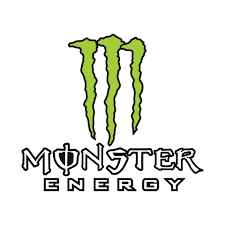
There are no absolute requirements for what a playful brand name must feature. Some use lexical devices like rhyme and rhythm to make the name catchy to utter and more alluring to potential customers.
Other humorous names distinguish the company from the competitors by using portmanteau words or intentional misspellings.
The main goal of a whimsical company name is frequently to evoke whimsy, inventiveness, and youthfulness. For businesses looking to project a more welcoming and approachable image, these qualities might be crucial.
When utilized incorrectly, a lighthearted company name might give the impression that a firm is undeveloped or naive.
Examples: Monster, Taboola, Hulu, Fanta, IHop, and Mailchimp.
11. Alphanumeric Brand Names

A brand name for a corporation that mixes well-known words and numbers is called an alphanumeric brand name.
For various reasons, the alphanumeric name is somewhat less frequent than other kinds of brand names. Many companies want assistance figuring out how to utilize the number in their name best to produce the desired result.
A clear alphanumeric name can only be achieved via effective branding and marketing.
When utilized properly, it may also be quite advantageous. The best brand names with numbers use the digits to convey more information about an organization while also setting it apart from rivals.
Humans connect with particular numbers emotionally or psychologically, much like they do with specific colors or shapes. Depending on the person’s upbringing, some numbers are seen as either fortunate or unlucky.
Ensuring clients know the significance of the number and why it is essential is crucial for the success of alphanumeric business names.
Examples: Microsoft Office 365, 7UP, Capital One, 888 Poker, Five Guys, and WD40.
12. Metaphor Brand Names
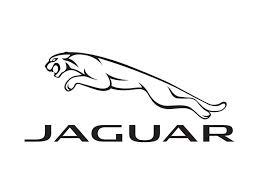
A metaphor is a figure of speech that associates a notion with a particular thought or feeling. One of the numerous sorts of company names that organizations may use to represent themselves to their target audience is a metaphorical brand name.
Companies use metaphorical brand names to elicit a response from their audience by drawing on the meanings we already associate with particular terms.
Company names with metaphors evoke strong emotions. They highlight a business’s traits or attributes without being too visible or specific. Metaphors can be a little trickier to employ in the area of branding because they are frequently socially and culturally defined.
On the bright side, even if your audience isn’t entirely sure what you’re trying to say with a metaphorical term, the name’s originality promotes deeper analysis.
Customers desire to know more about a firm and what it stands for when it chooses a metaphor for its brand name. This may imply that your company name, as opposed to other forms of titles, aids you in energizing and engaging your audience.
Examples: Jaguar, Pandora, Apple, Tinder, Mars, and Gorilla Glue.
13. Technical Brand Names
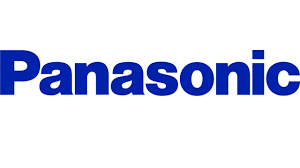
Entrepreneurs have a wide variety of options when naming their companies. The infinite types of names available to pick from include technical brand names.
Countless businesses have creative, portmanteau, and descriptive names in the technology sector, where technical names are most prevalent.
The fundamental components of what a brand provides or accomplishes are directly associated with a technical brand name. Through the use of specific terminology, it draws attention to a brand’s fundamental procedures, innovations, or ideas.
The technological sector is where technical names are most prevalent, although they can also be seen regularly in the pharmaceutical sector. Many businesses in the medical industry have names that are connected to the medications they market or the bodily parts they specialize in.
The software, apps, and communications sectors all use technical names. A technical name’s main objective is typically to inform the public about the firm and its USP while also exuding a sense of modernity and futurism.
Examples: Xerox, Tesla, Panasonic, Meta, Nvidia, and Broadcom.
14. Modern Brand Names
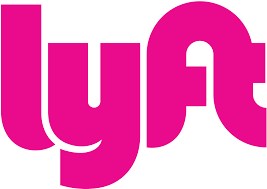
Modern brand names are the names that provide your business with the best “up-to-date” appearance. They essentially reverse “traditional” names, which associate your business with the past, nostalgia, and lineage.
Organizations may link to the past, present, and future with a contemporary brand name.
If you want to create a brand identity that is all about being cutting-edge, a contemporary company name can be the ideal instrument. It conveys to your audience that you are open to innovation and has your finger on the pulse of your sector.
Modern brand names do, of course, present some difficulties. After again, what certain cultures would consider “modern” might frequently differ. As the globe develops more, our understanding of modernity may also change.
When you pick a name, it may appear fashionable and modern, but that name may become dated with time.
The versatility of contemporary company names is one of their finest qualities. You are allowed to experiment with various naming approaches, from employing compound names to evocative phrases and even created concepts, as there are no particular guidelines for developing a current brand name.
A modern brand name must sound and seem current to be considered modern.
Examples: Blume, Lyft, Acer, Chrome, Edge, and Uber.
15. Origin Brand Names
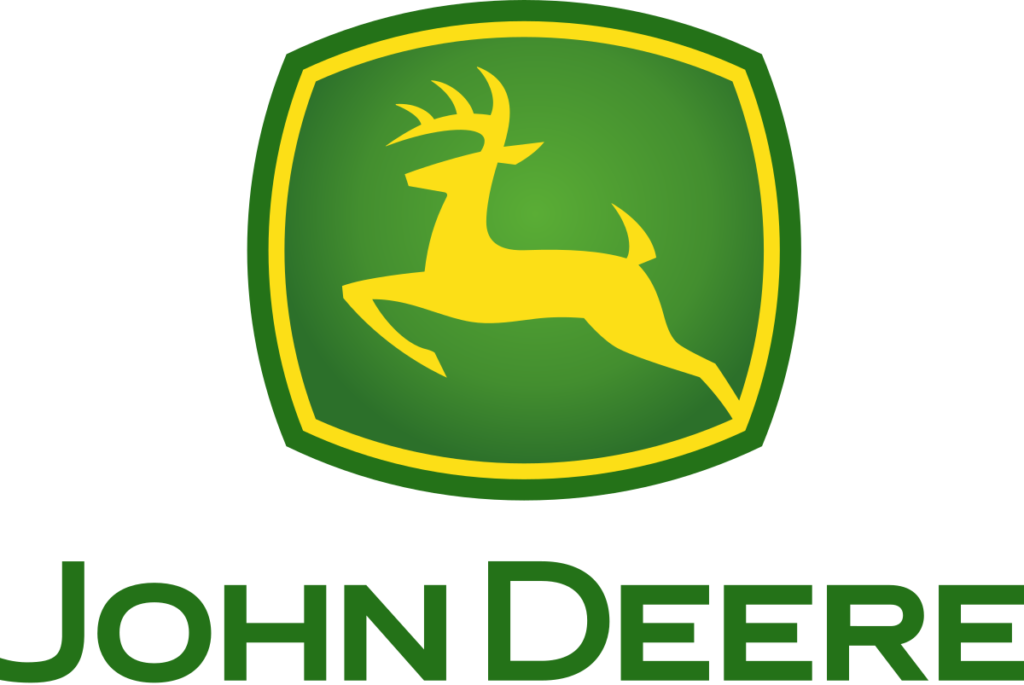
Origin names are frequently drawn from an organization’s history or founding principles or from the names of essential or historic persons associated with the company. Maybe the original location of the firm, the founder, or the main innovator.
Examples: John Deere, DHL, The North Face, and Yakult.
Unboxfame – An Expert Brand Naming Agency
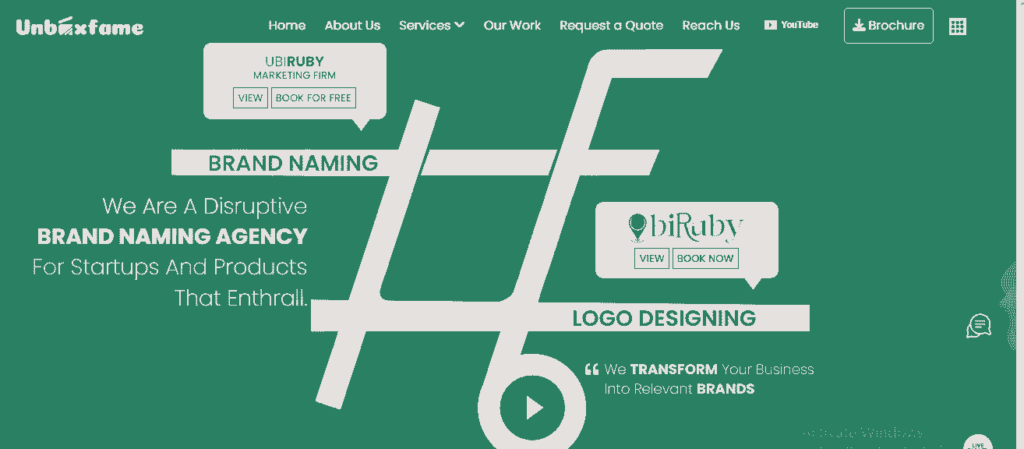
Do you have trouble coming up with good names and brands? Our team at Unboxfame assists you in navigating the various name options and producing material that enables you to put your brand to life. You may get started by contacting us, and we’ll give you some suggestions for your new brand name.
Unboxfame offers our clients in several nations worldwide various marketing and content production-related services. Our staff is entirely internal to assist our clients over the long term and give them high-quality service. Would you want to find out more about our offerings and our website? Please get in touch with us, and we’ll respond right away with an answer.
Our portfolio can demonstrate a comprehensive skill set that satisfies most market requirements for content production in motion graphics, film production, digital design, site development, and brand management. The types of customers we serve come from a wide range of sectors.
In publishing and graphic design, Lorem ipsum is a placeholder text commonly used to demonstrate the visual form of a document or a typeface without relying on meaningful content.
